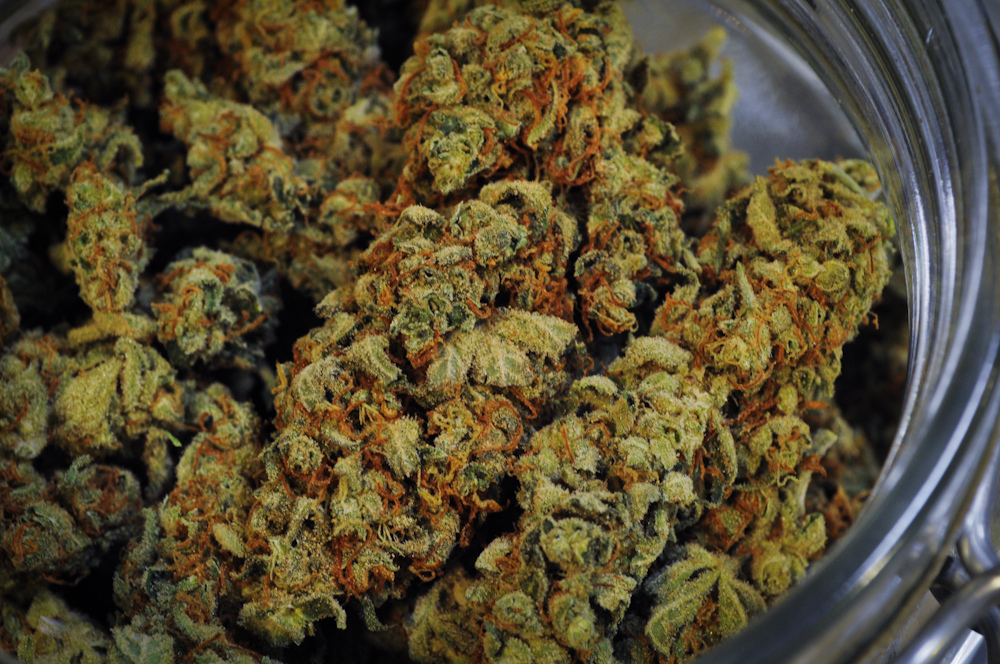On Nov. 8, 2016, Florida vote overwhelmingly in favor of the controversial Florida Marijuana Legalization Initiative, also known as Amendment 2, which allows patients diagnosed with debilitating medical conditions to lawfully obtain and use medical marijuana.
Some have argued that, even with this new amendment in place, the rules set by the Florida Department of Health that outline the new regulations for the issuance of identification cards, qualification and standards of caregivers, and rules for the registration of medical marijuana treatment centers are still too restrictive and would make it more difficult for new businesses to enter into the industry.
So what does all this mean, and what rights do patients have? How does one apply for a medical marijuana card in Florida? Can any doctor prescribe it? How long does it take, and where can you access it? The following article aims to answer all these questions and shed some light on what this new amendment will mean for patients, their caregivers and family members, and the public at large.
What Rights Have Changed?

With the passing of Amendment 2, more people will be able to use medical marijuana in Florida.
The new amendment will allow the use of medical marijuana for patients with debilitating medical conditions that have been diagnosed by a licensed physician. Back in 2014, the Florida legislature approved the use of low-THC and non-smokable medical marijuana for patients suffering from cancer, epilepsy, chronic seizures and muscle spasms under the Right To Try Act. Last year, this was expanded to include patients with terminal conditions and allowed them to use stronger strains of MMJ. Under Amendment 2, patients suffering from HIV/AIDS, glaucoma, post-traumatic stress disorder, ALS, Crohn’s disease, Parkinson’s disease, multiple sclerosis and other similar conditions will now be covered. So, a wider pool of patients will now be allowed access to medical marijuana as a form of treatment, and the MMJ itself will be available at a higher-THC concentration.
How Do You Apply for a Medical Marijuana Card in Florida?
Patients must be at least 18 years of age and be a Florida resident with a valid Florida I.D. to provide proof of residency. If you do not have a Florida I.D., then you can use an out of state I.D., passport or another valid form of photo identification in conjunction with a proof of residency document, such as a bank statement or utility bill. Patients must also obtain legitimate medical records from their primary physician that state they’ve been treated by for at least three months prior to application and that outline their diagnosis and medical history.
All patients will be required to register with the Department of Health — more details on this will follow once the Florida medical marijuana program has been fully implemented.
Finally, patients must also show that they have tried other forms of treatment, without success, and their ordering doctor must determine that the risks of this form of treatment are reasonable in respect to the benefits to the patient.
Can Any Doctor Prescribe It, and How Long Does It Take?

Florida physicians must complete an eight-hour course and examination before they can prescribe medical marijuana.
To acquire access to medical marijuana in Florida, patients will first need to seek treatment from a licensed physician for least three months before they can validate their prescription. Additionally, the physician must have completed the required eight-hour course and examination. Of the 340 doctors that are already fully licensed, many have reported that they have received an influx of new patients to seeking medical marijuana as a form of treatment. There are currently 1,495 patients registered in the state of Florida, but that number is expected to increase steadily in the coming months. The Office of Compassionate Use, which is tasked with regulating medical marijuana in Florida, has predicted a significant increase in registered physicians within the first quarter of the year to cope with the rising demand.
Where Can You Get You Medical Marijuana?
There are currently seven licensed organizations within Florida, with five already authorized to distribute medical marijuana. At least one more additional license will be granted following a recent settlement made between the Department of Health and two southwest Florida nurseries. Once the patient registry reaches more than 250,000, an additional three licenses will be made available, with one being designated solely to black farmers. The dispensaries currently open are in Tallahassee, Clearwater and Tampa, but according to the Florida League of Cities, 55 cities statewide have put zoning moratoriums in place that either ban or heavily restrict dispensaries from opening. Most of the moratoriums that have been put in place are temporary while the cities and counties await news of the new regulations to come out from the passing of Amendment 2.
